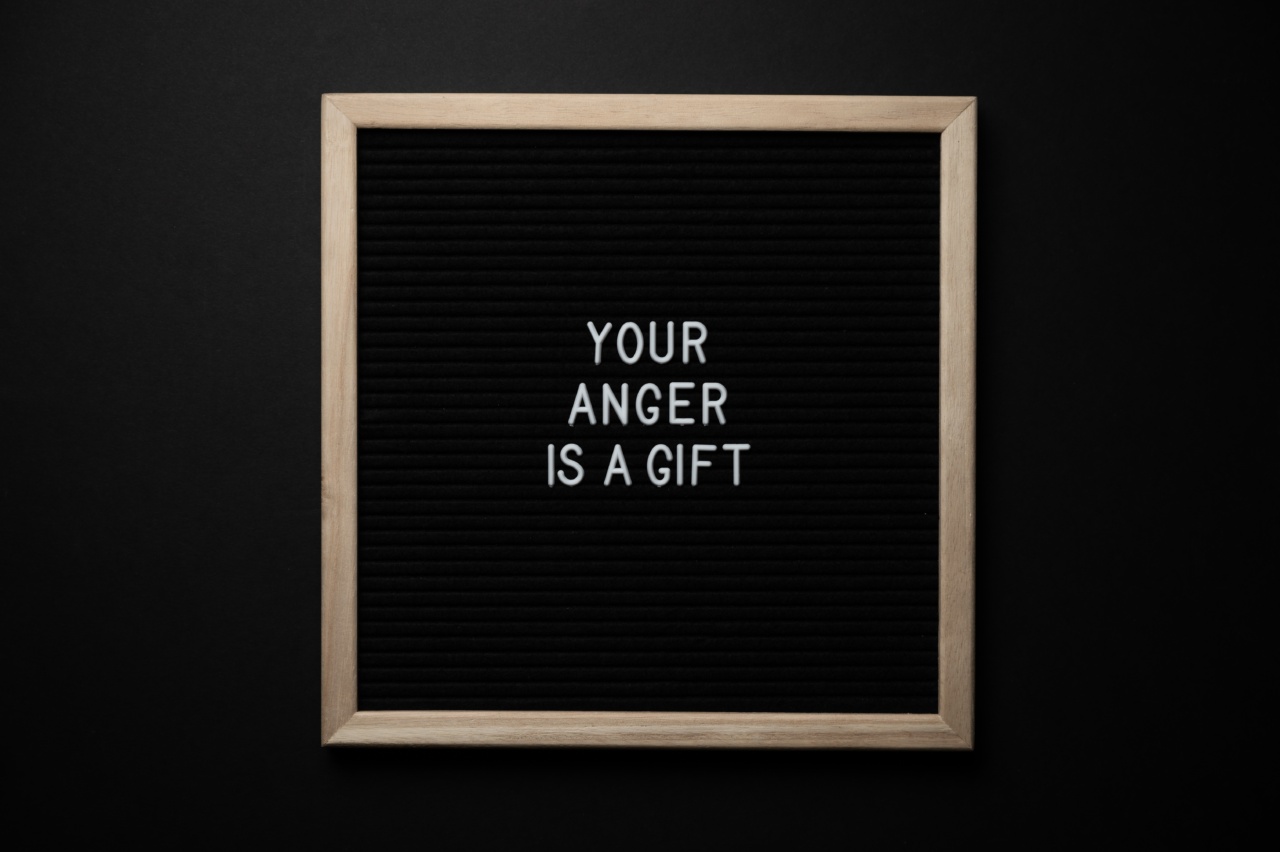Sleep is vital for a healthy life, mentally and physically. Sometimes, however, we unknowingly sabotage our sleep by engaging in bad habits that make it difficult to fall asleep, stay asleep, or sleep deeply.
If you’re struggling with sleep, you might want to take a closer look at your habits and eliminate those that are undermining your sleep hygiene. In this article, we’ll focus on three habits that could be sabotaging your sleep and offer practical tips for overcoming them.
Habit 1: Using Your Phone or Tablet in Bed
Many of us are guilty of scrolling through our phones or tablets in bed, answering emails, and checking social media before bed. This habit, however, can be detrimental to our sleep.
For one, electronic devices emit a blue light that can suppress our melatonin production, a hormone that plays a crucial role in regulating our sleep cycle. Secondly, engaging with electronic devices before bed can be mentally stimulating and prevent us from calming down and transitioning into sleep mode.
The Solution: The ideal solution would be to ban electronic devices from the bedroom altogether.
However, if that’s not feasible, try to limit your usage to no less than an hour before bed and turn on the blue light filter or night mode to adjust the screen light’s warmth. You can also try other relaxation techniques like reading a book, taking a warm bath, or doing some light stretches before sleeping.
Habit 2: Watching TV in Bed
Some of us enjoy watching TV in bed before falling asleep, finding it a relaxing activity that helps them unwind. However, watching TV in bed is still problematic and can be damaging to our sleep quality.
Like electronic devices, television screens emit blue light that can disrupt melatonin production and delay our sleep time. Additionally, TV shows or movies can be emotionally engaging, making it harder for us to switch off and enter sleep mode.
The Solution: It’s recommended to remove the TV from your bedroom and stick to activities that are calming and relaxing before going to bed.
If you must watch TV, be mindful of the choice of program and try to limit your exposure to less than 30 minutes before bed. Remember to follow it up with a relaxing activity like reading a book or meditating before switching off the lights.
Habit 3: Consuming Alcohol and Caffeine Before Bed
Drinking a cup of coffee in the morning is a daily ritual for many of us, and for others, enjoying a nightcap before bed is a routine.
However, these habits can wreak havoc on our sleep, with both caffeine and alcohol being known to disrupt our sleep continuity and reduce our REM sleep stage. Caffeine can interfere with our melatonin production, delaying our sleep time, while alcohol can cause us to fall asleep quickly but prevent us from staying asleep for more than a few hours.
The Solution: It’s best to avoid caffeine consumption after midday and skip alcohol consumption before bed. If you must have a drink, stick to one serving and drink it hours before heading to bed, allowing your body time to metabolize the alcohol.
Consider replacing caffeine-rich drinks with herbal teas or decaf alternatives, especially in the evening.
Conclusion
Getting a good night’s sleep is necessary for our well-being, and it starts with implementing healthy sleep habits.
The three habits discussed earlier- using electronic devices in bed, watching TV before bed, and consuming alcohol and caffeine before sleep- can all hinder our sleep quality. By breaking these habits and adopting healthier alternatives, you can improve your sleep hygiene and reap the benefits of sound sleep.




























